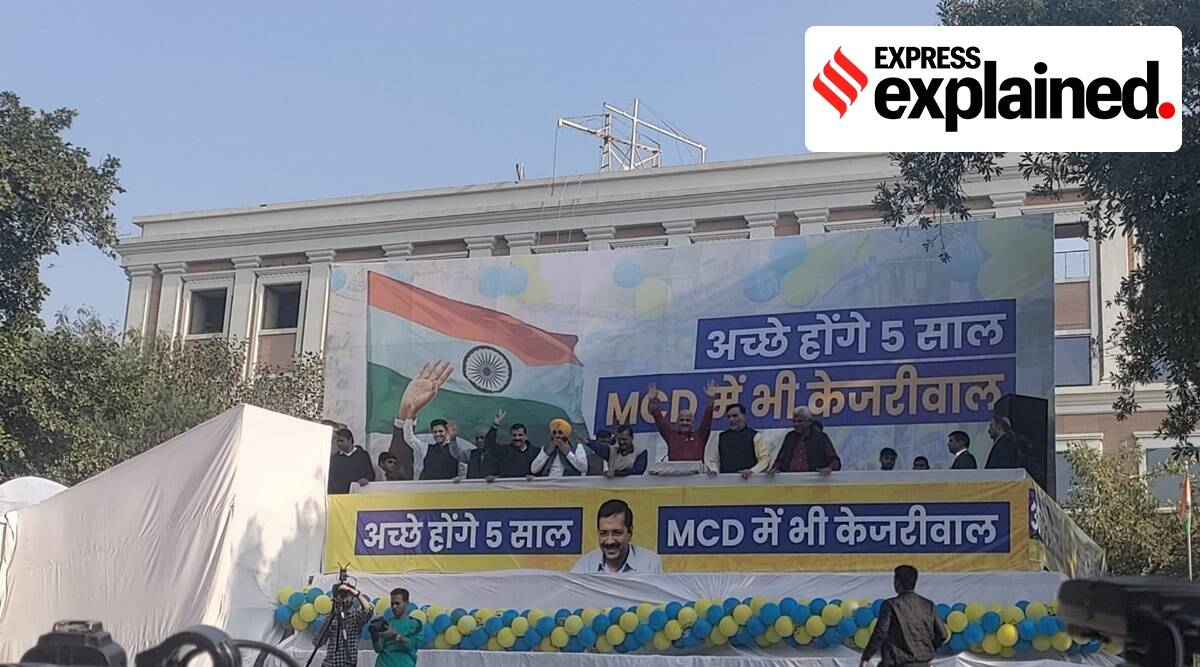Free Courses Sale ends Soon, Get It Now


Free Courses Sale ends Soon, Get It Now



Copyright infringement is not intended
About
https://indianexpress.com/article/explained/alderman-what-does-the-term-mean-8363873/
© 2024 iasgyan. All right reserved